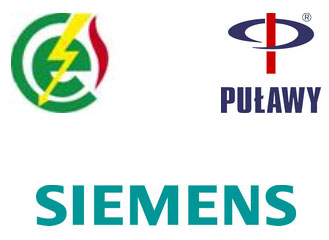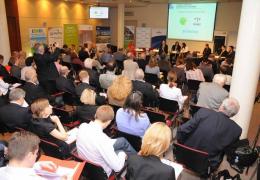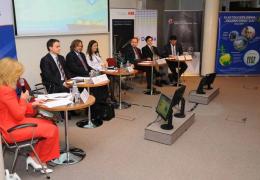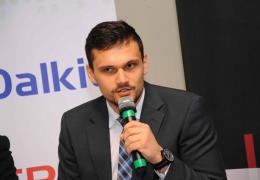Invitation to debate:
Four sectors of gas engineering – goals, tasks, functions
27th April (Friday), 11.00 am
„Polityka”, Słupecka 6, Warsaw
The abovementioned four sectors of gas are: conventional, shale gas, LPG and LNG. According to IEA the forthcoming decade will be focused on gas. Agency forecasts indicate that demand for natural gas in Europe will rise to 600 bn m³ in 2030. At the same time integration of the European gas market coupled with infrastructural investments will ensure price level acceptable for customers. However, in order to fulfill European conditions on climate policy, Poland will need to transform its coal-based energy sector to a low-emission model. Increased use of gas may constitute one of realistic solutions. Thus shale gas may be a great chance. According to estimates of the Polish Geological Institute shale gas extractable amount from 346 to 768 bn m³. It is 2.5 to 5.5 times more than those of documented conventional gas sources (145 bn m³). While taking into account full demand of Poland for gas, including conventional sources, it will last for next 35-65 years. According to rating agency Fitch it is, however, unusual that extraction of shale gas in Poland will, similarly to the US scenario, cause a radical decrease in gas prices. On the contrary, commercial extraction of shale gas in Poland in first 10 years may not considerably affect prices. Nevertheless, it is certain that shale gas extraction will boost Polish economy and allow for greater independence from Russian supplies. The first step has already been taken. The construction cost of gas terminal in Świnoujście will pay back in 2 years and will open access to ca. 12 - 15 bn m³ of natural gas from other markets. It is worth investing in gas storage as well. Mass storage of gas may decrease gas pries to the European level. New installations are necessary as within three coming years we will run out of storage room. Facing potential chances of shale gas boom and new import opportunities (LNG terminal) it should be discussed what are other application possibilities of gas, not only as a direct fuel. It is worth reviewing which less popular technologies will allow for it. As an example may serve GTL, fuel cells, production of hydrogen or highly efficient energy production technologies. Moreover, new, pro-market regulations are also in demand. First of all the gas market should finally be liberated and gas microgeneration supported (lower tax for heating equipment based on combustion engines, prosumer act).
Main topice of the debate:
- Influence of deregulation and market opening for customers of gas companies – how the anticipated changes will influence industry and individual customers
- Shale gas – chances and threats
- Obligatory reserves of fuel and natural gas – outcomes of new regulations implementation
- Opportunities for gas engineering development on the system, municipal and prosumer levels
Invited speakers:
- Aleksander Zawisza, Adviser of the Minister of Environment
- Grzegorz Onichimowski, President of the Polish Power Exchange
- Piotr Sprzączak, Oil and Gas Department, Ministry of Economy
- Marcin Lewenstein, Director of Strategic Planning Bureau, PGNiG
- Erno Rech, Sales Director, Steam and Gas Blocks, Siemens
- Bogusław Sonik, Member of European Parliament
- Konrad Szymański, Member of European Parliament
- Adam Rajewski, Business Development Manager, Wartsila
- prof. Krzysztof Żmijewski, Secretary General of the Public Board of the National Programme for Emissions Reduction
We would be delighted if you could come.
EVENT PARTNERS:









